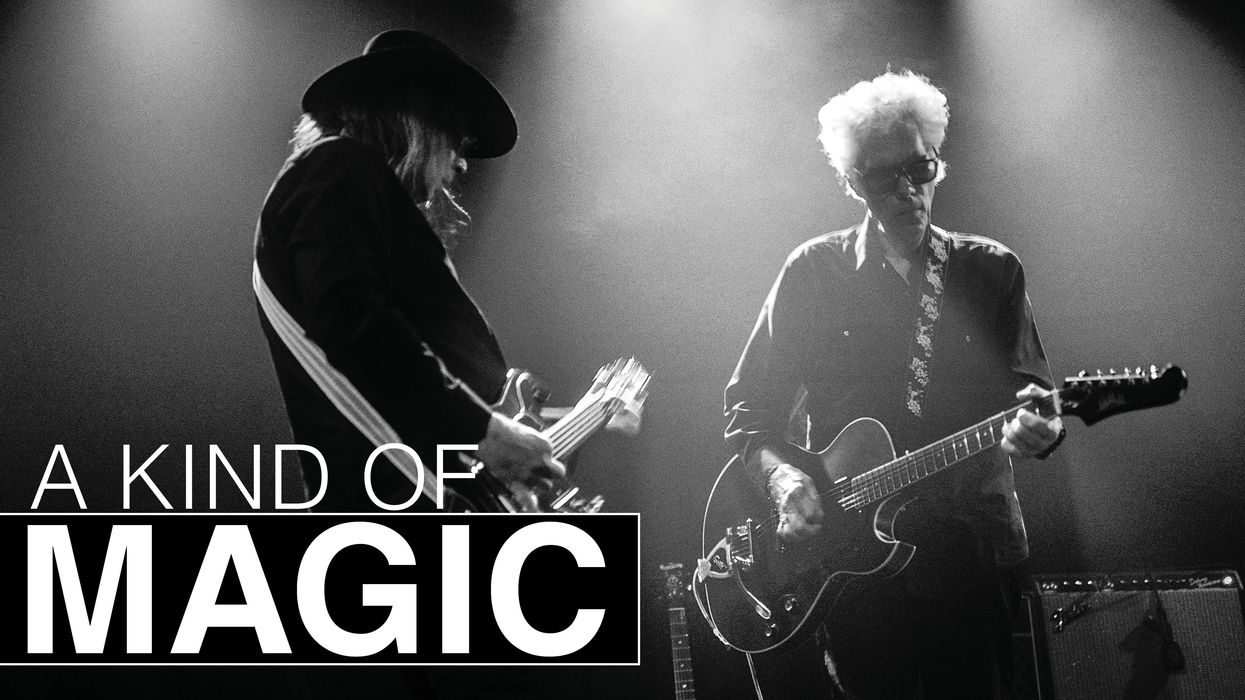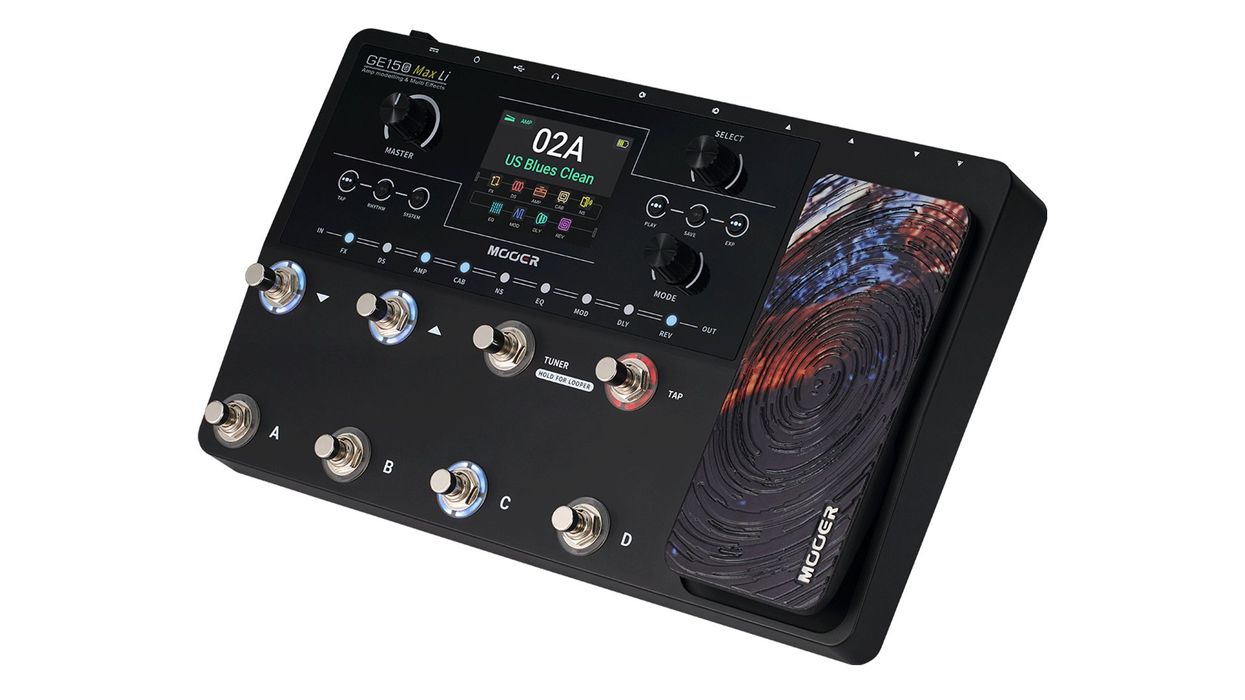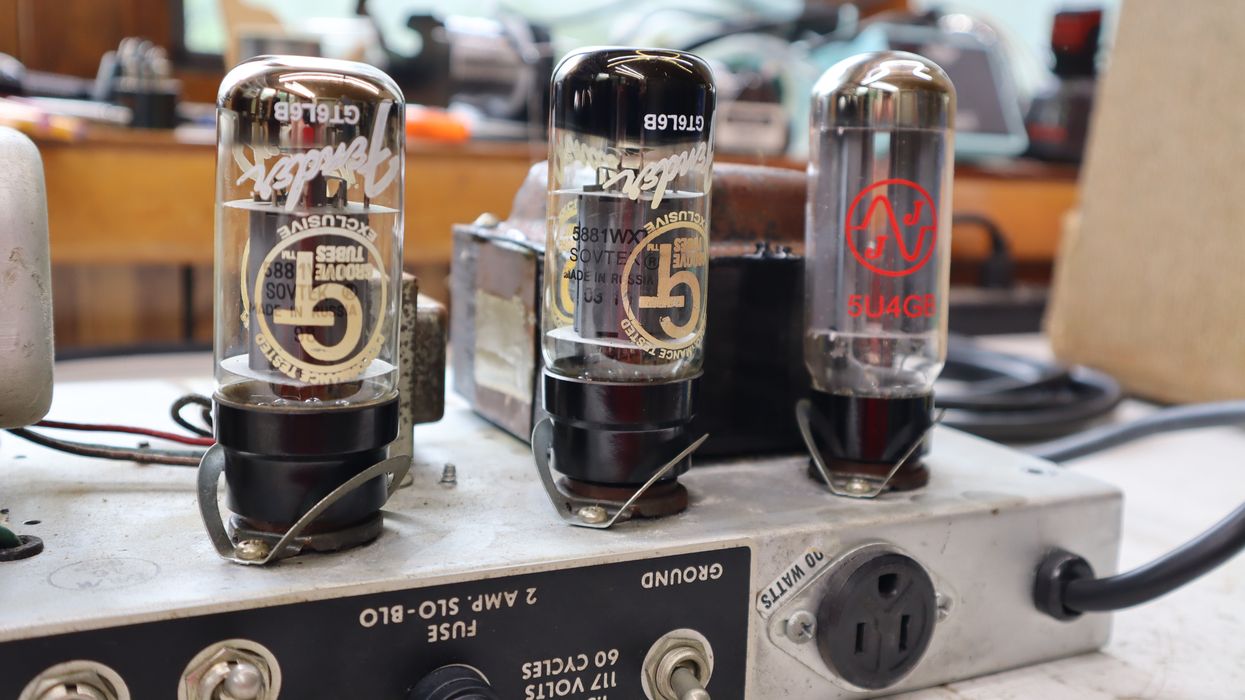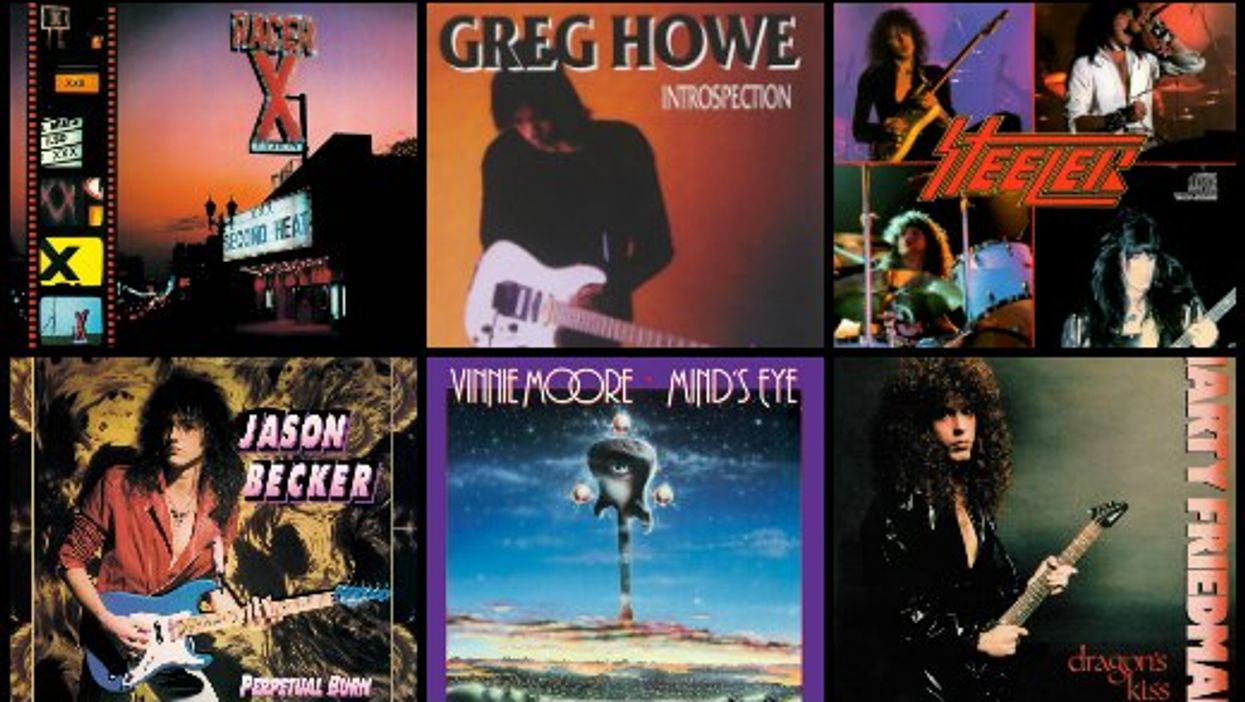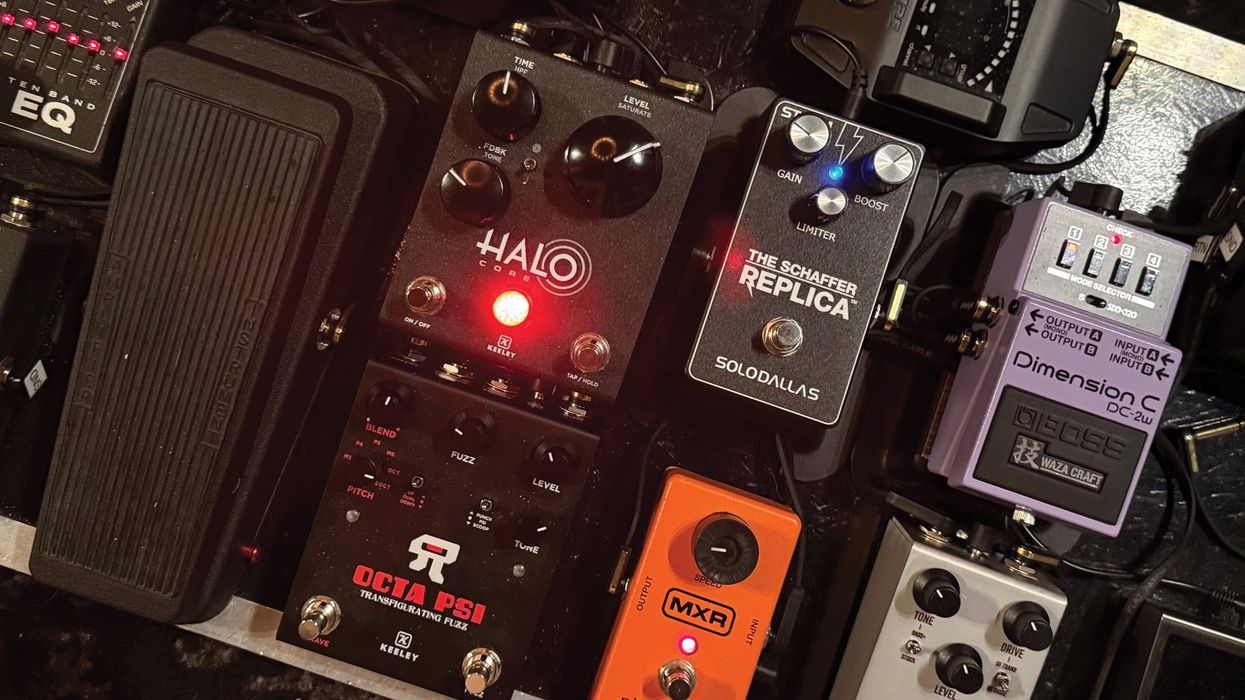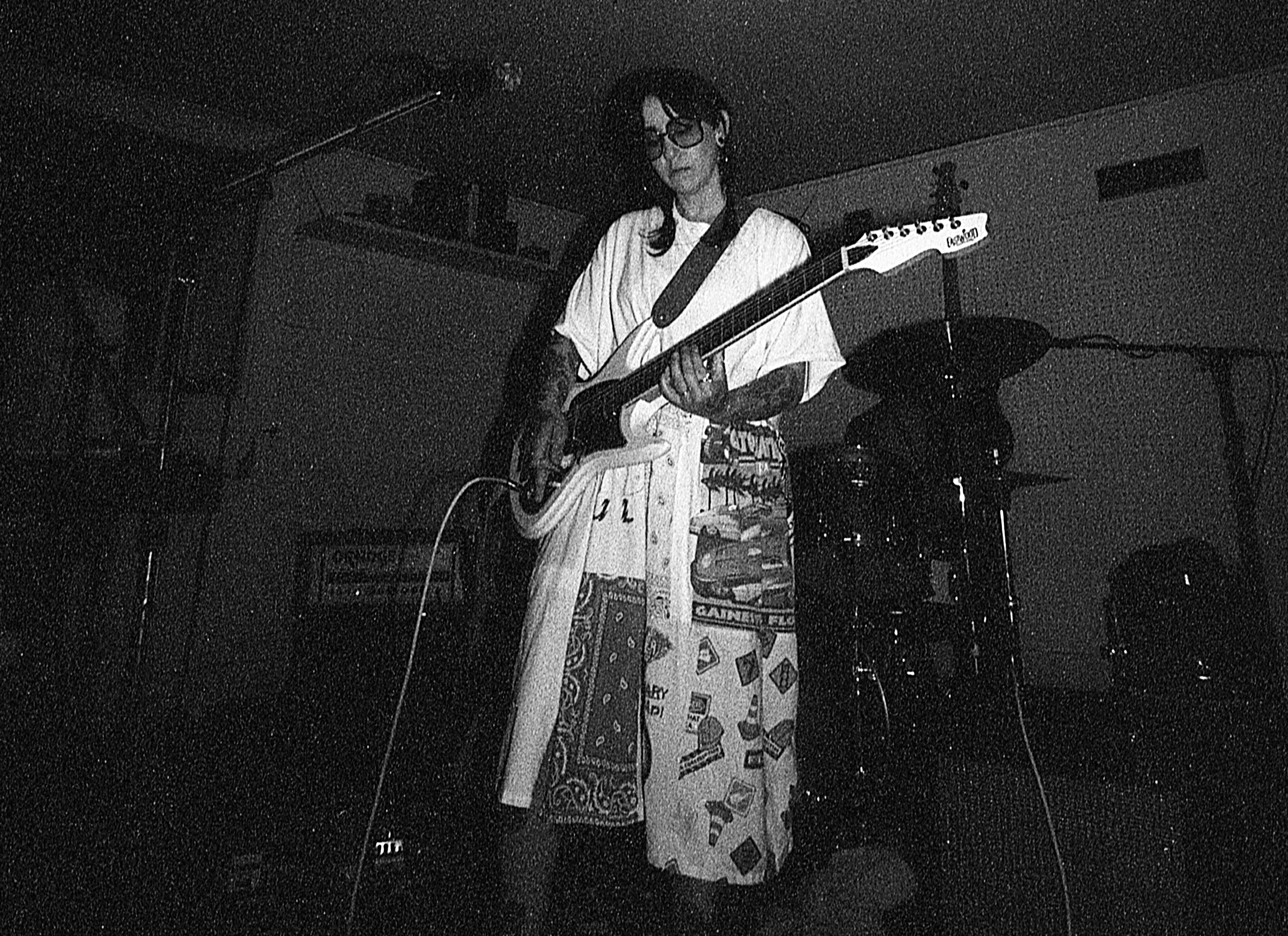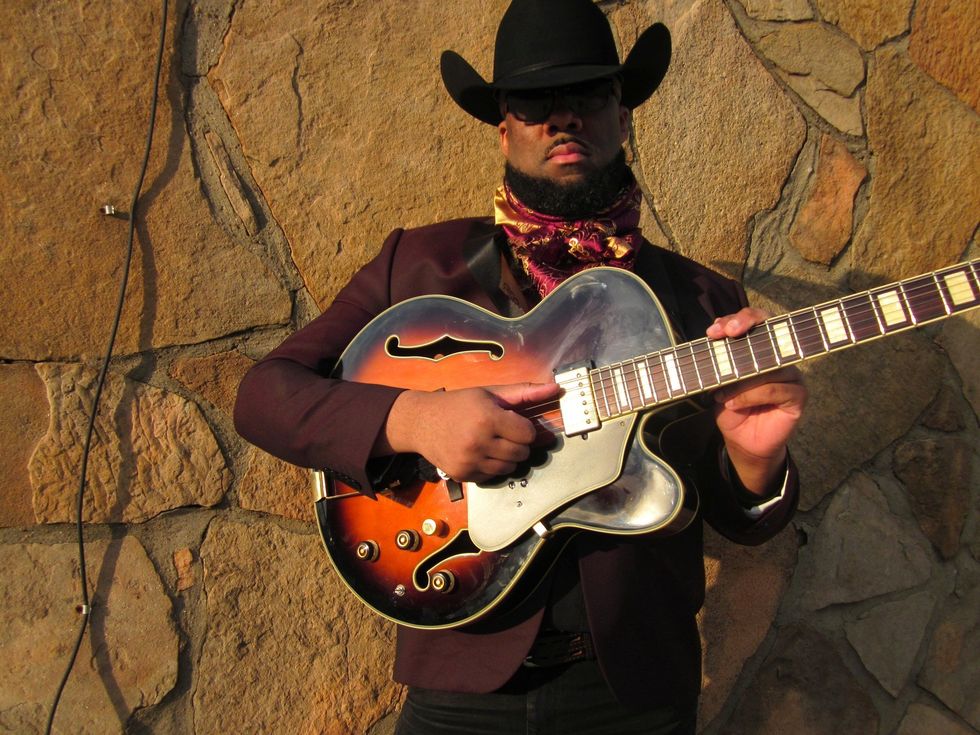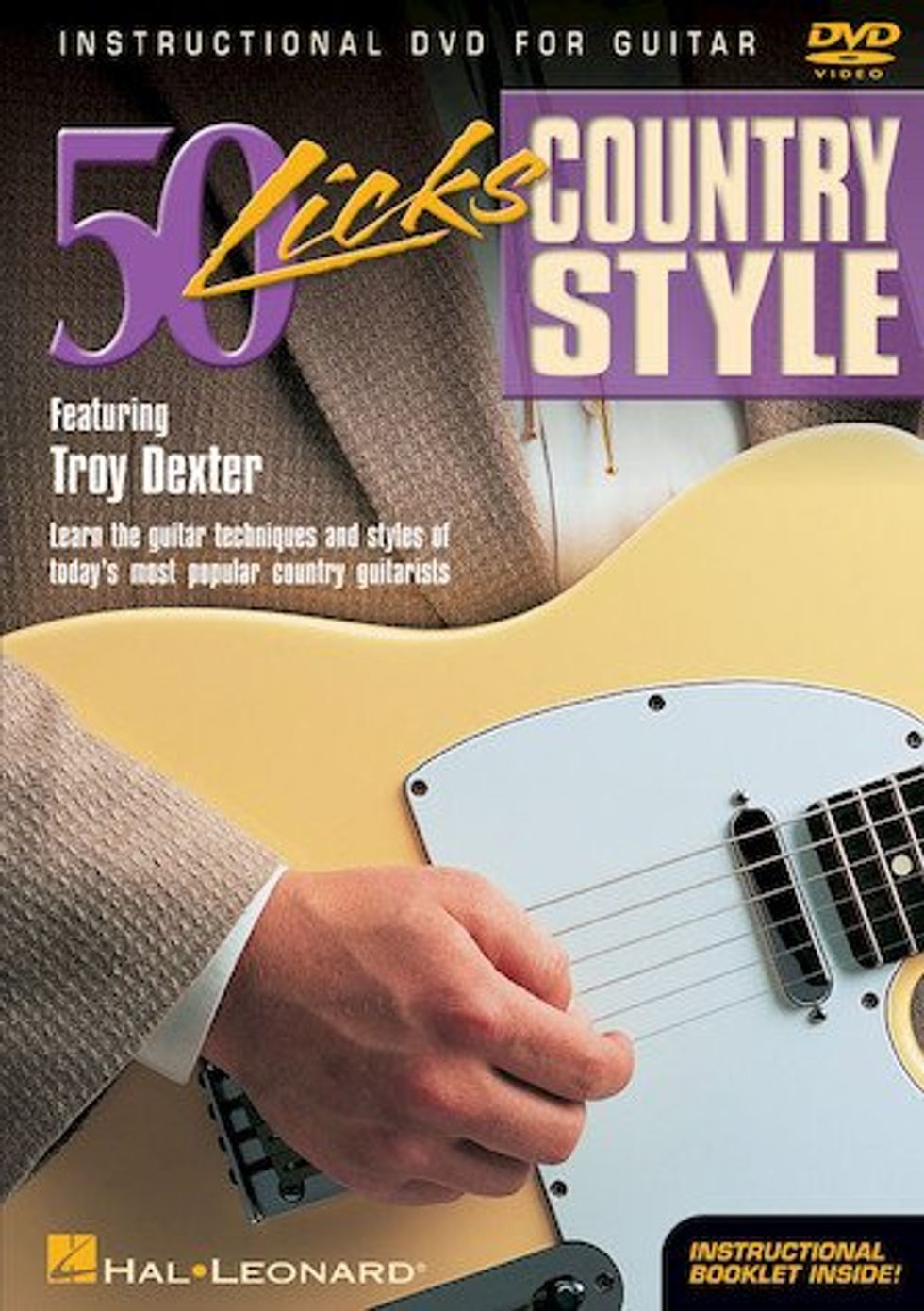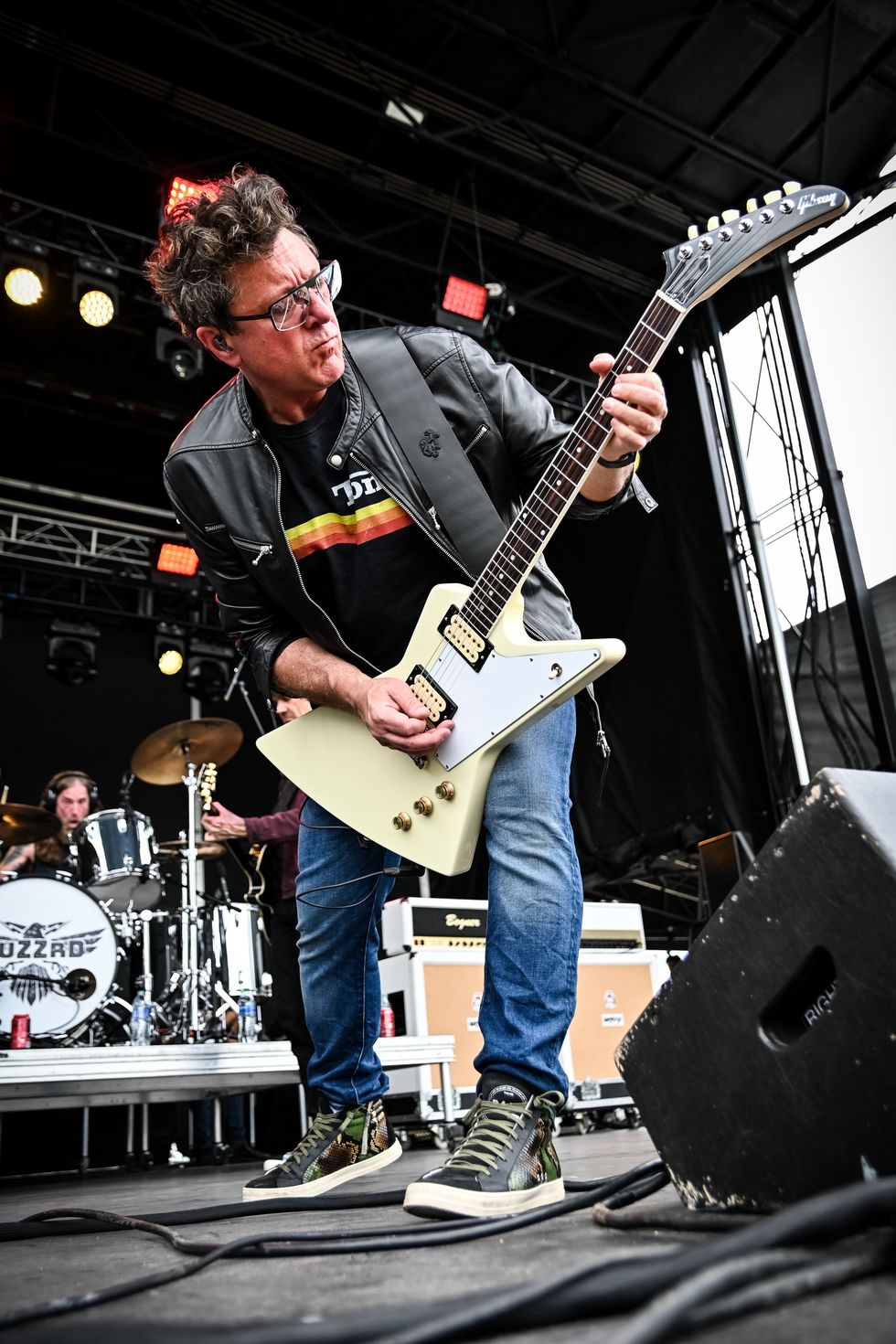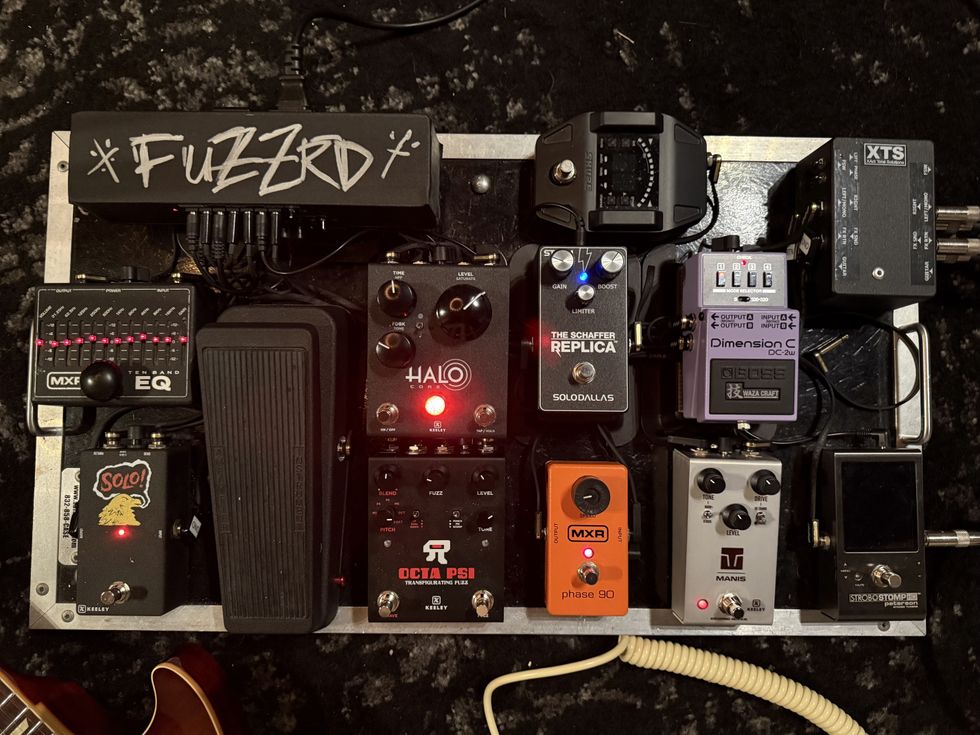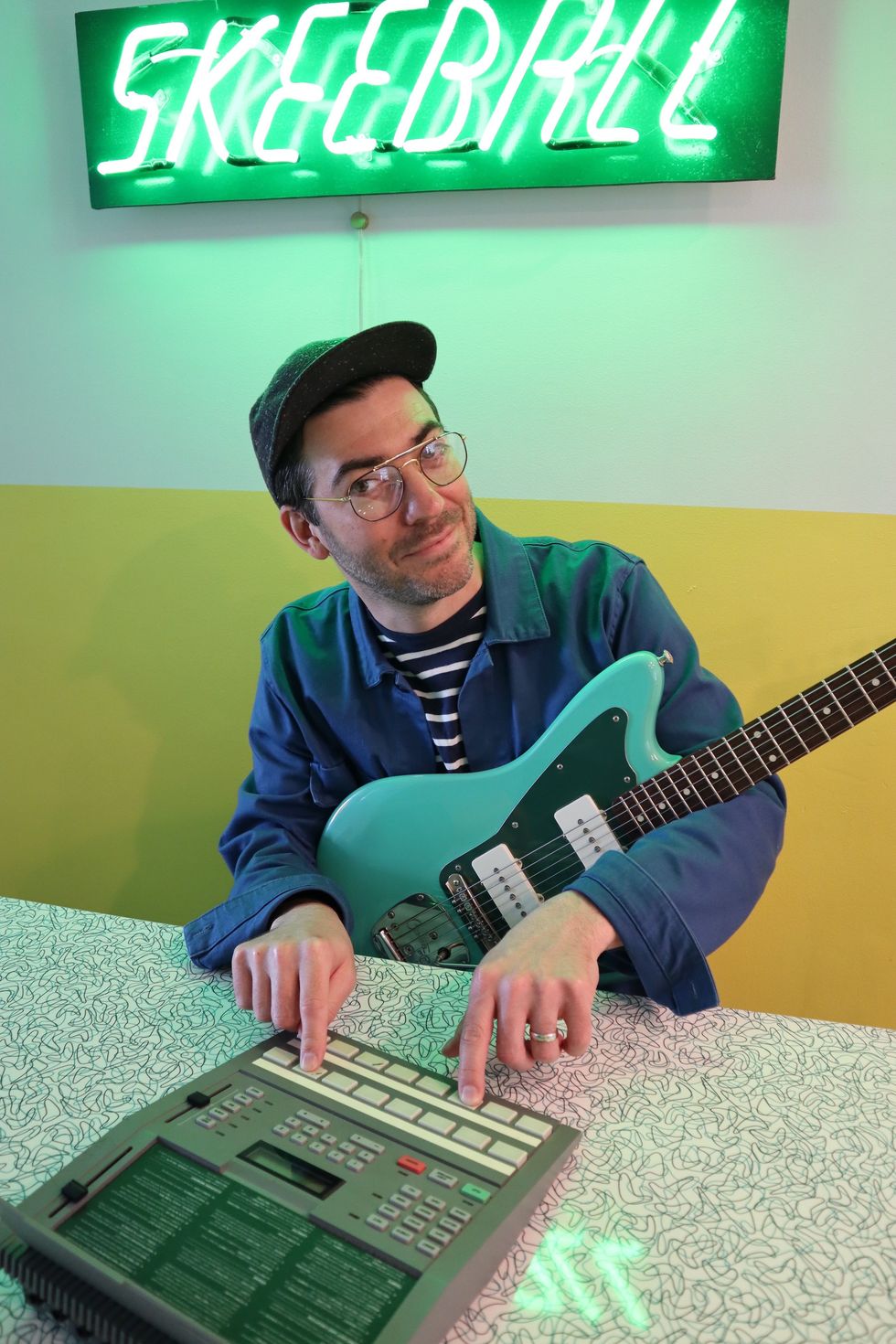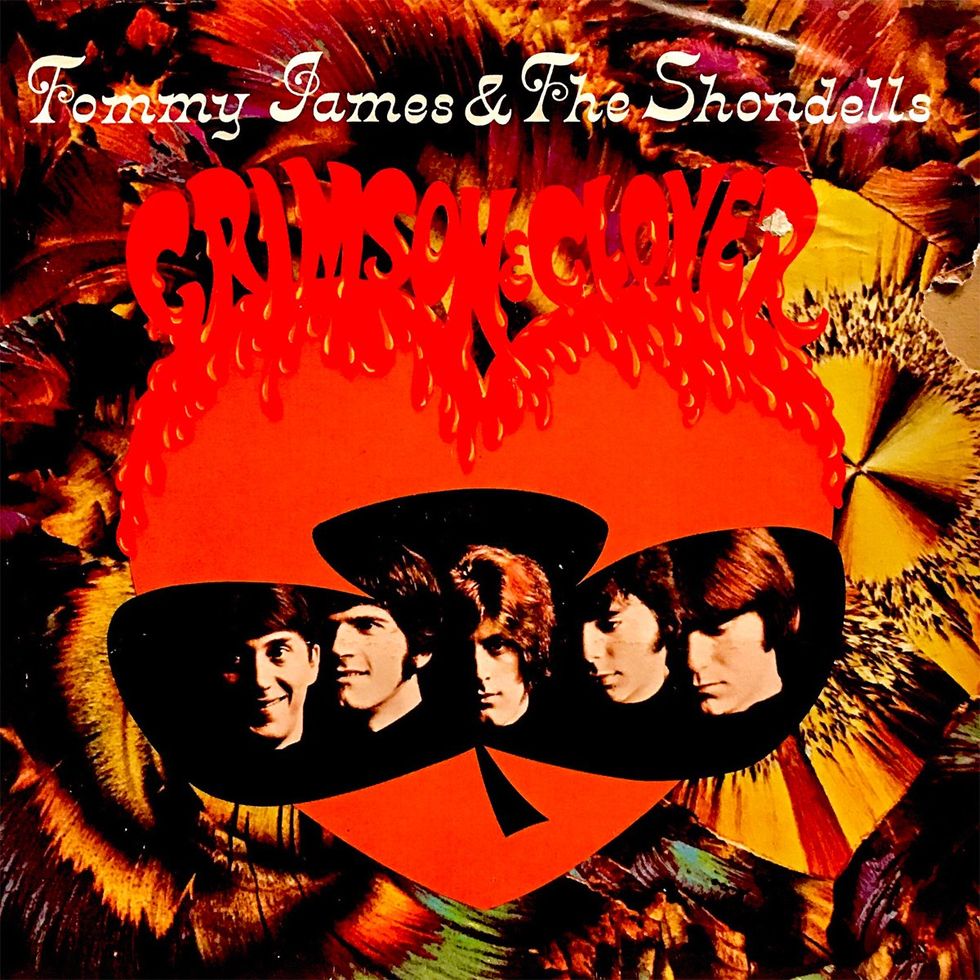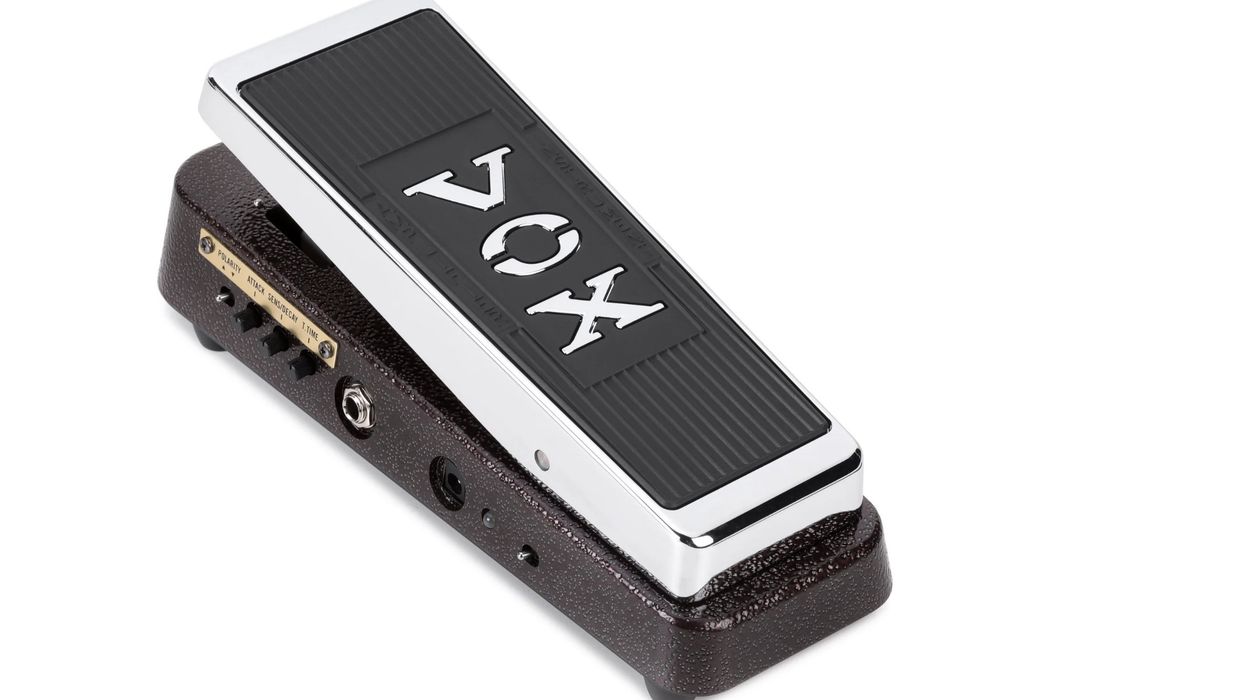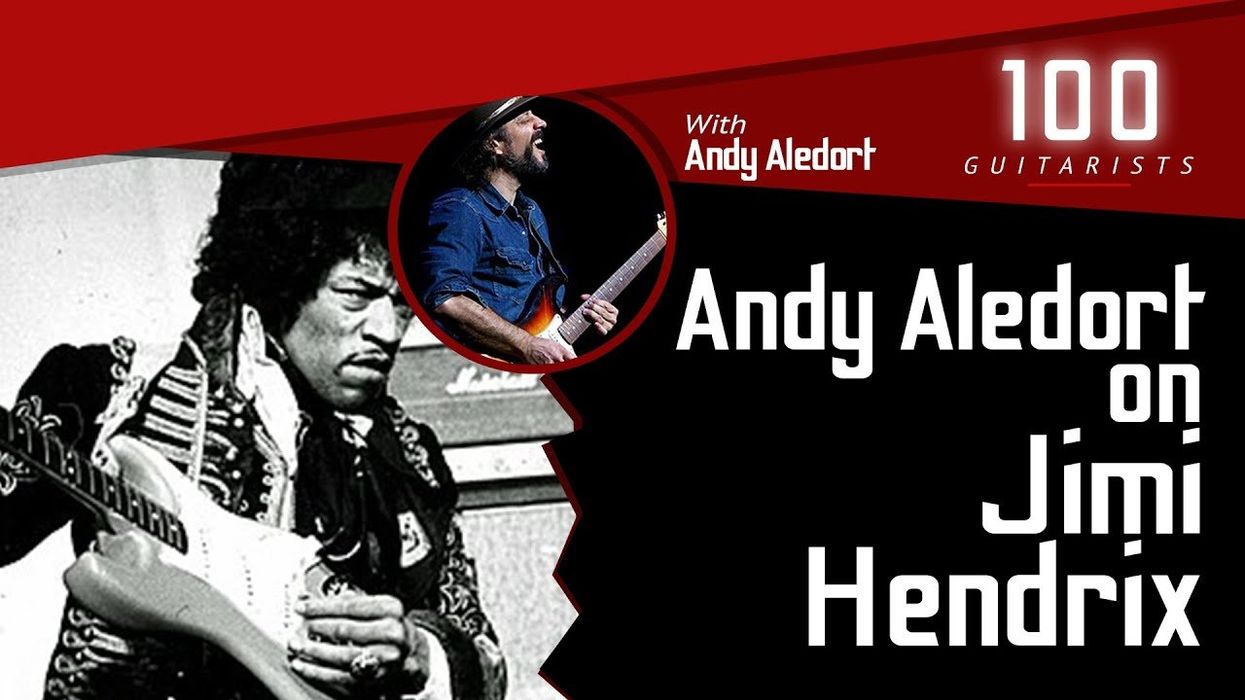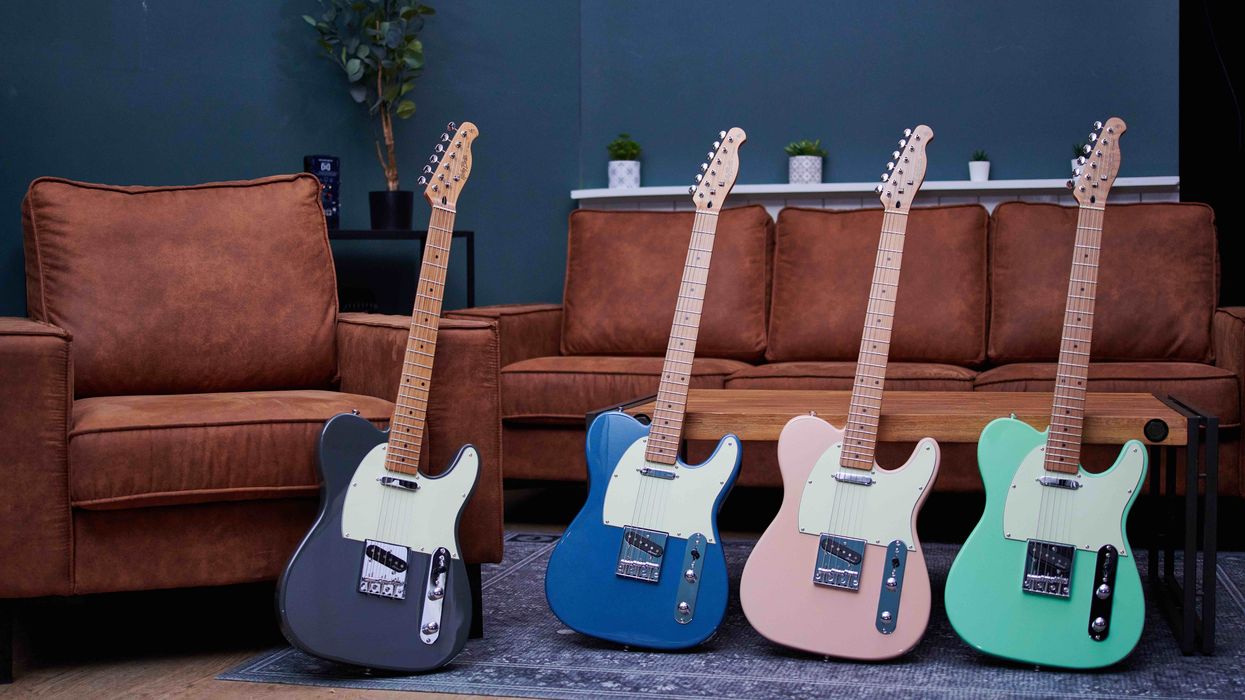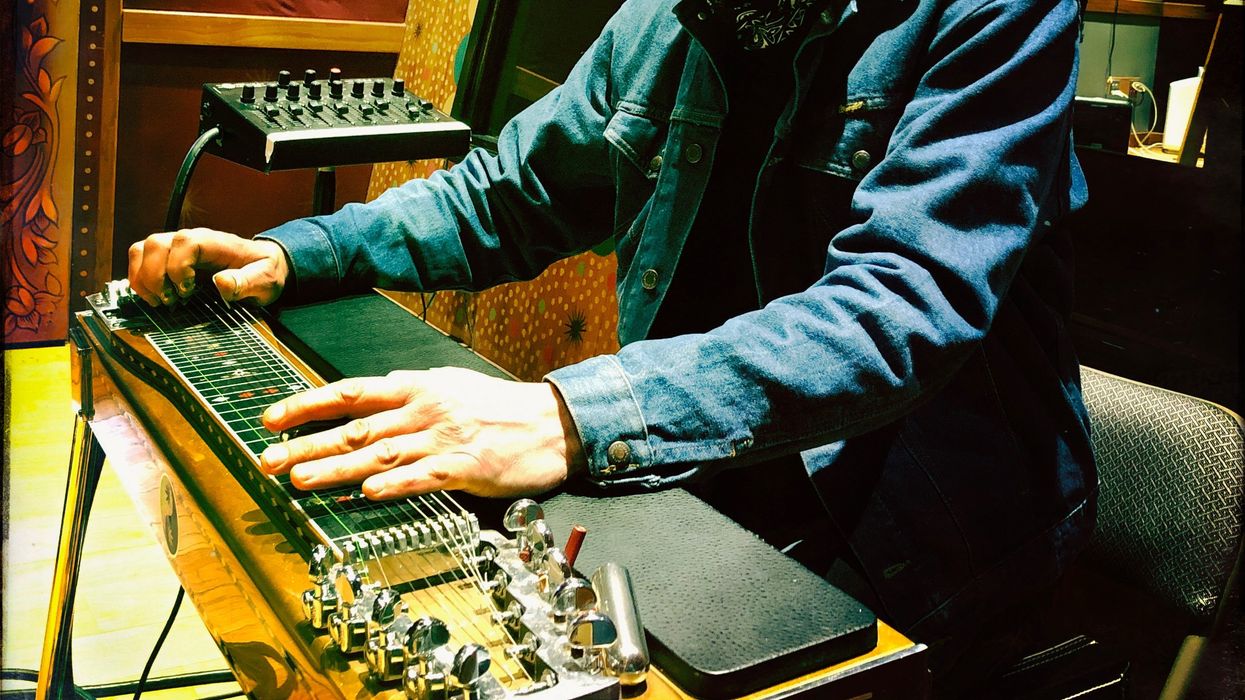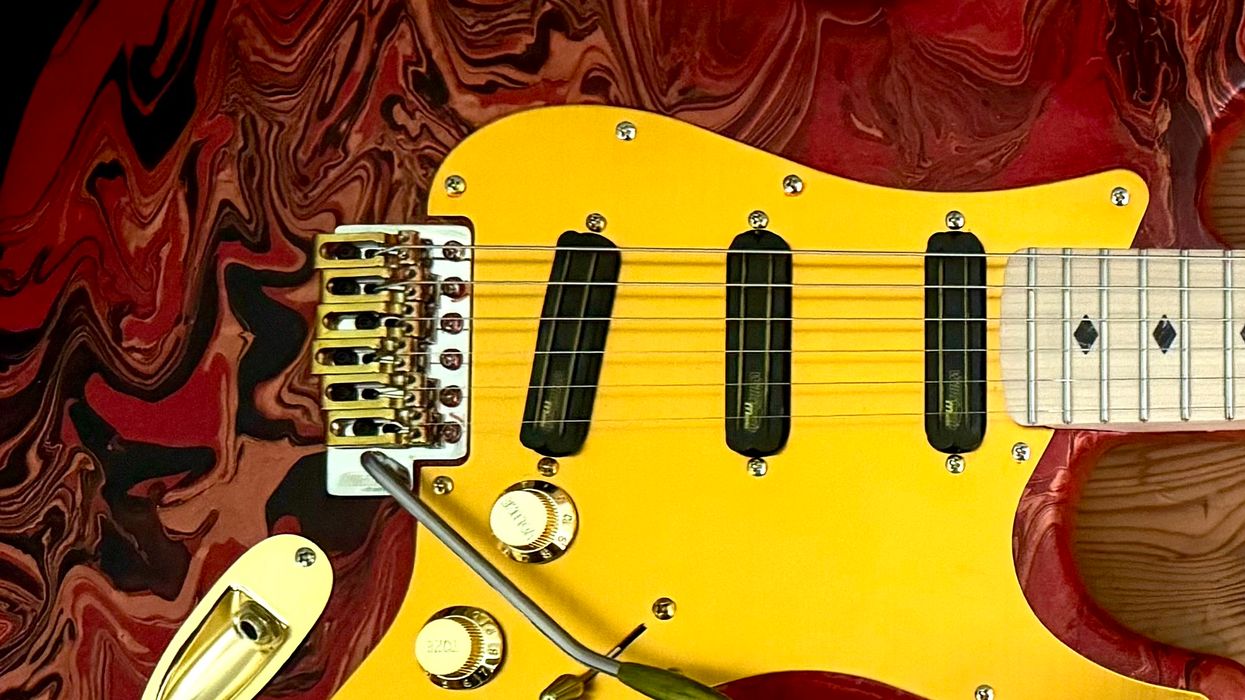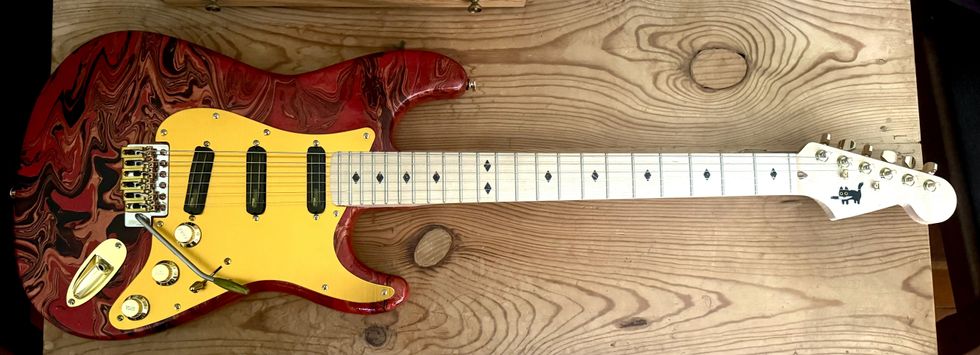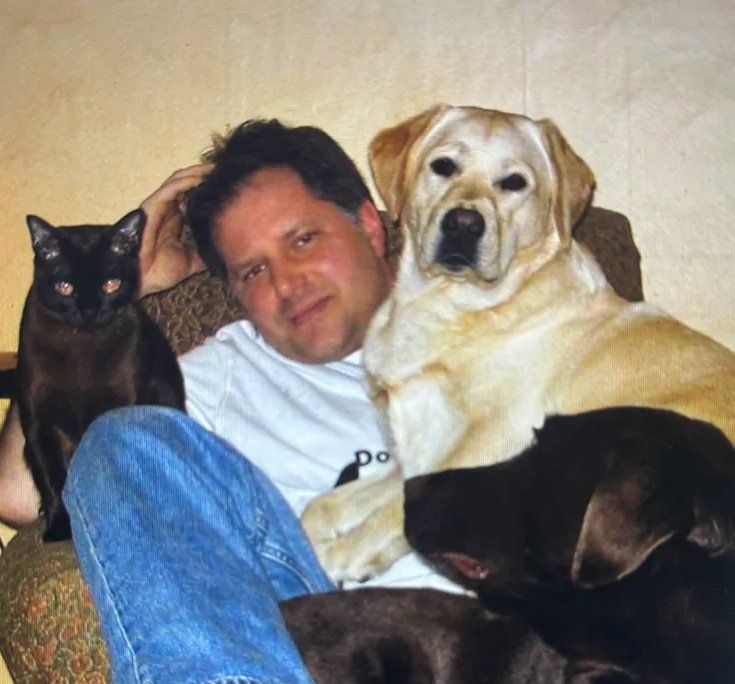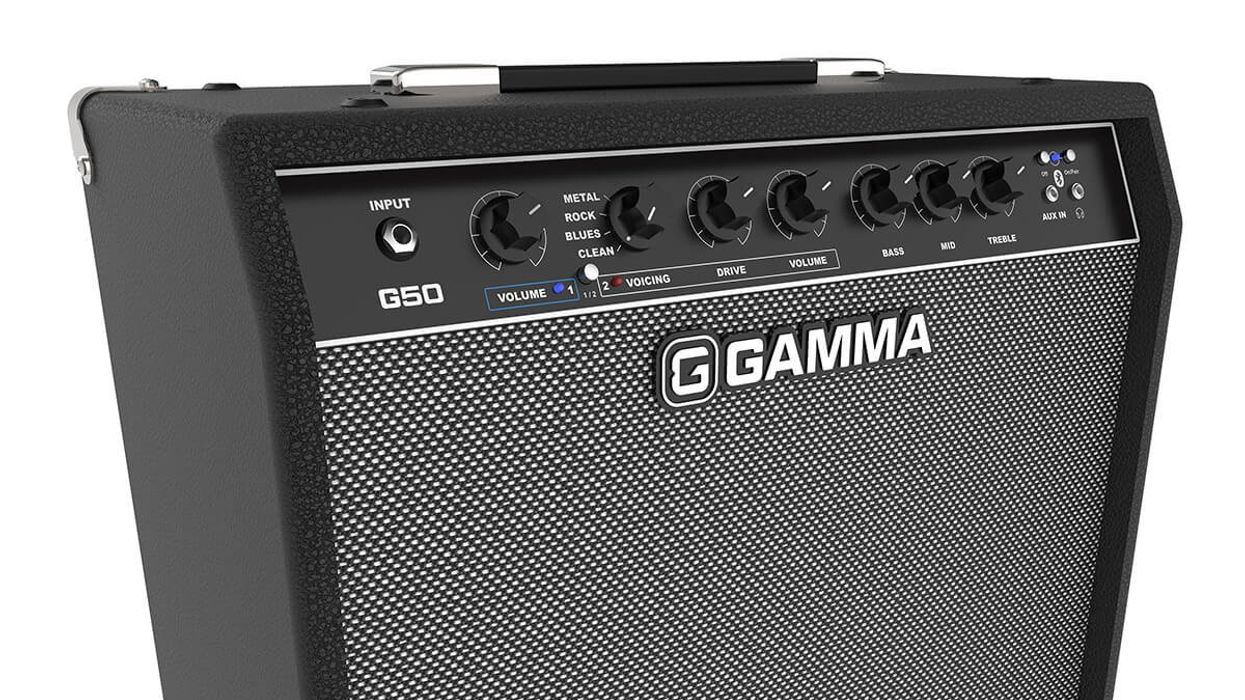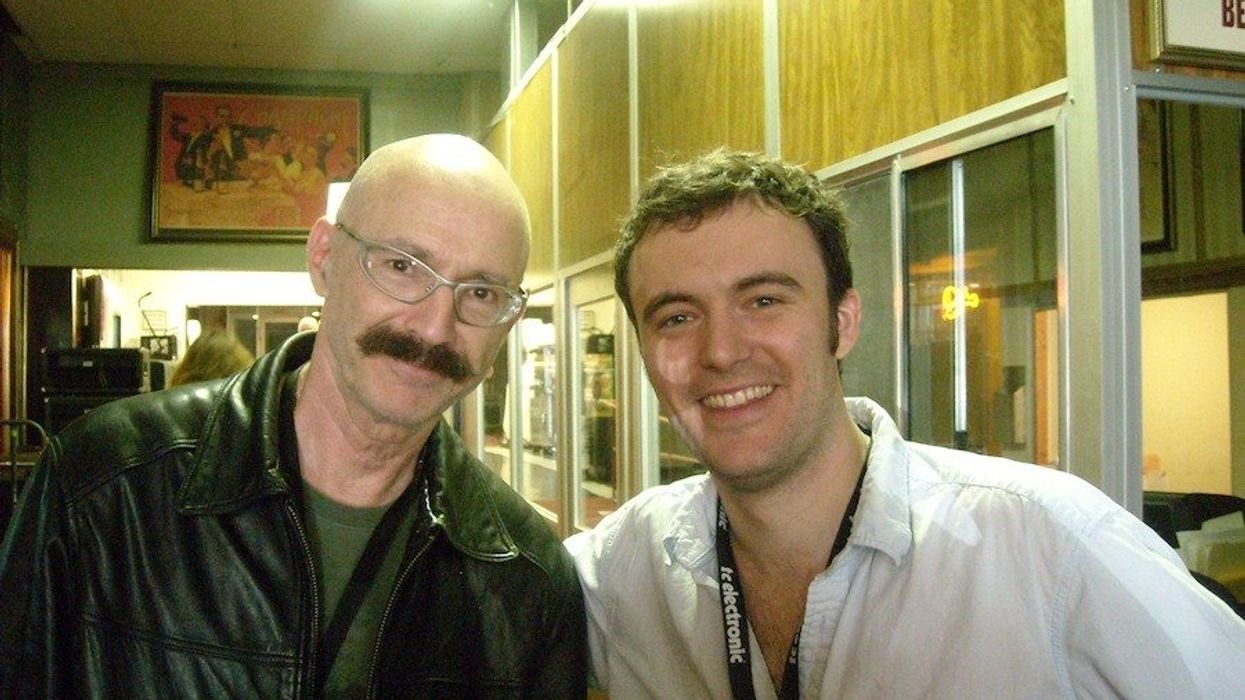By the time you read this, we will be well into 2017—possibly far enough that the many people who made resolutions to work out more have already evacuated the gyms. As I’m writing this, however, it is Christmas Day. And about an hour ago the untimely and premature death of another great musician, George Michael, was announced. This instantly lit a fire in me about the responsibility those of us in the arts have to be at our best and most productive at all times. It’s a profound responsibility to make better music and to be curious and adventurous for those who left us too soon—who might be looking down on us wishing they had the opportunity to play or write just one more song. This is my belief. So here, I’d like to share my New Year’s resolutions for bass.
Afro-Cuban and Latin rhythms. I attended school for bass for a few years, where a lot of the schooling focused more on jazz-oriented material. During my tenure in theses institutes of higher learning, I experienced a feeling that was similar to what I experienced in high-school algebra: that maybe this information wouldn’t be that relevant in the “real world.”
I make a living playing commercial music: pop, country, R&B, or hard rock. I will still never be a jazz lover, but have grown to appreciate it tremendously. When I studied it, a small part of my schooling touched on Afro-Cuban and Latin rhythms, and how they are applied in the jazz world. As I have grown older and toured through numerous cities where a lot of Latin music is played on radio and television, I’ve come to realize that the influence of these rhythms in rock and pop is tremendous.
I grew up playing styles that are very focused on the downbeat: be it the funk of the Gap Band or the punk rock of Green Day. Absolutely dominating the downbeat is our main job as bassists in order for the rest of our bandmates to trust us and enjoy playing with us. But to execute Caribbean or Central and South American rhythms well—where there is often no bass on the downbeat … reallyfeeling these patterns (and not counting them in your head) is a key skill.
It’s the opposite of what a player like myself has drilled into his backbone. However, I want to alter that animal instinct and lifetime of downbeat-centric experience by shifting how I feel music. But I don’t want to just buy a book and some key albums. I want to immerse myself in the culture and the sound.
Anytime I see street bands from Cuba online, the unknown bassists always completely floor me with the intent of their attack, their passion, and their rhythmic fluidity. So I want to spend a week in Cuba and take private lessons this year. Part two of my resolution will be to continue the private lessons when I return to the U.S., since most major cities here have world-class Afro-Cuban bassists. And finally, I resolve to devote part of my practice time to the style so it doesn’t just become a passing fad in my musical development.
Back to the Metronome. Speaking of practice habits, I used to have better ones. When I was in college and in the years immediately following, before I had landed any “bigger” gigs, I practiced more. Having more time and my ambition to really get somewhere in my bass-playing career helped inspire this. I also practiced more with a metronome.
All that said, music for me is about communication with people. Time spent alone is never as inspirational as time spent in a room sweating it out, improving, and learning with other players. And it’s definitely not as inspirational as playing a great gig in front of people and seeing their faces light up as a result of what you are doing.
Occasionally, at a recording session, I’ll catch myself rushing or dragging in spots where I didn’t intend to. Yes, being able to intentionally play around the beat to add emotion, tension, and groove is one of the most important skills for a musician—especially for a bassist. But these slight, rhythmic errors have happened enough to where I’ll leave a session underwhelmed with my performance, in spite of the producer or client being happy. So, bass New Year’s resolution No. 2 is getting back to practicing everything I do to a click, and also implementing the old trick of playing the same exercise at different tempos. (You’ll find that playing very slowly in time can be excruciatingly difficult.)
A natural understanding of non-downbeat-centric rhythms and a more accurate groove are the two hopeful main results of my two resolutions. George Michael would want me to be funkier, and I am pretty sure Prince would too. Life canbe short, so hold yourself to a higher artistic standard for your sake—and for theirs.


